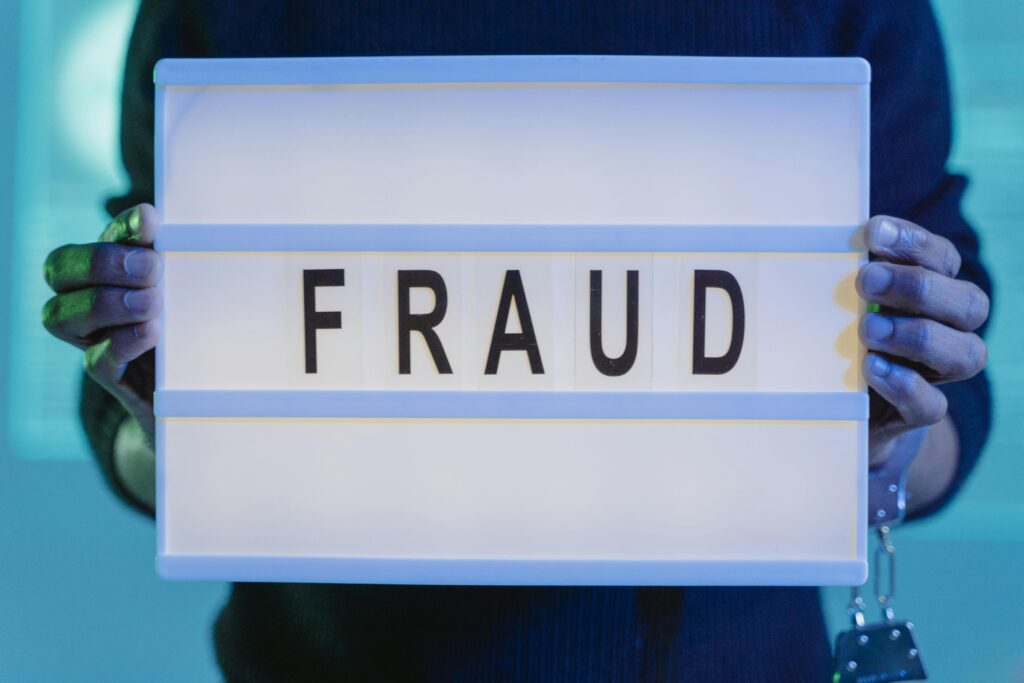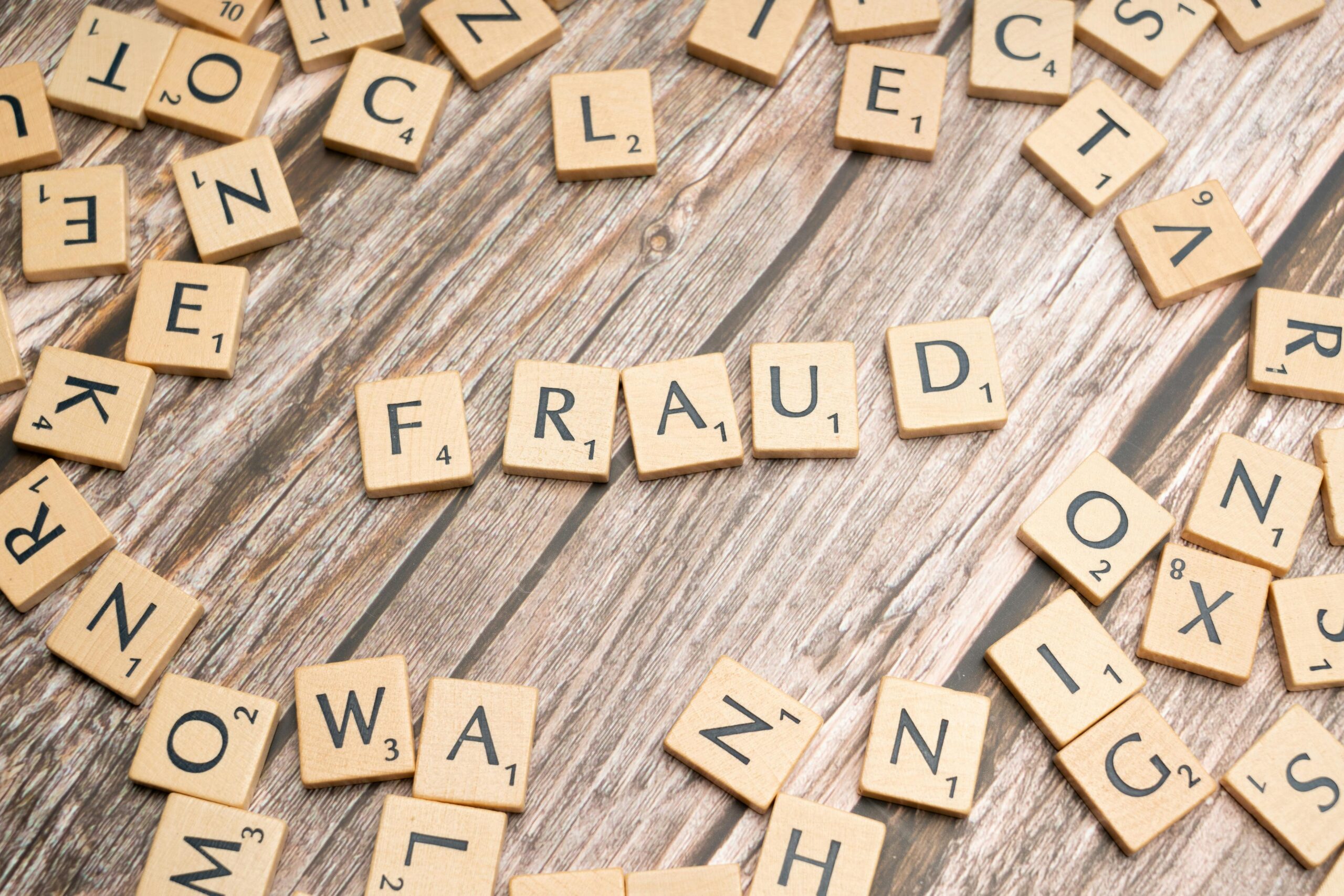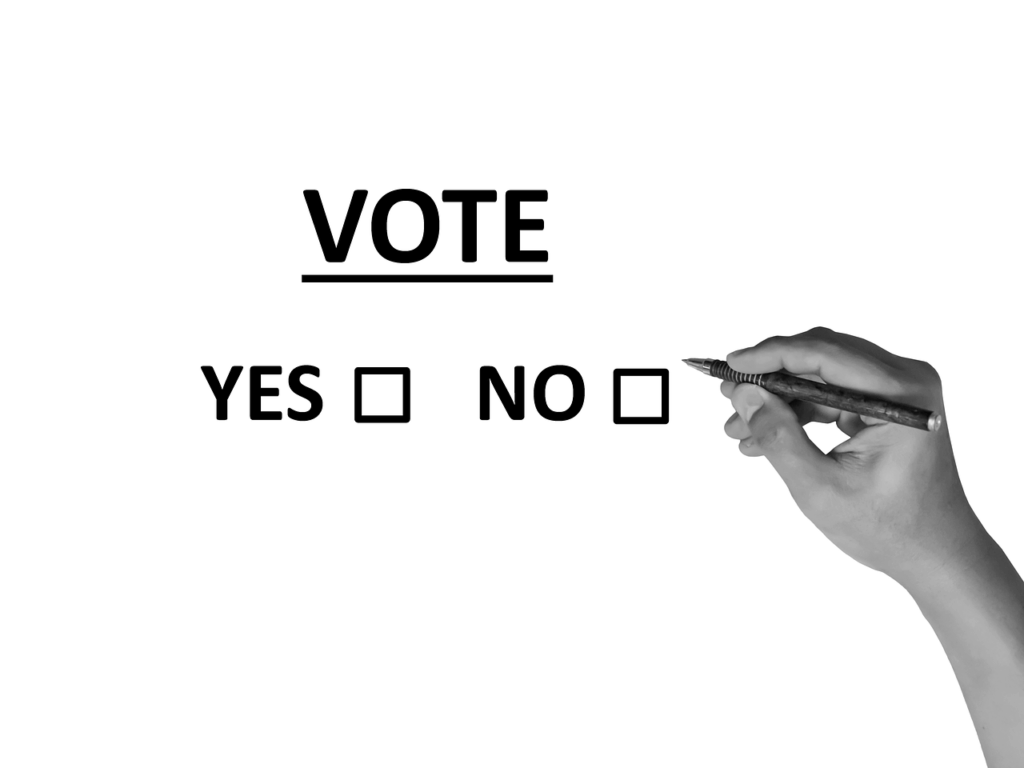With estimates of insurance fraud exceeding $300 billion annually, most insurance agents should be asking themselves Who commits insurance fraud? If we understand the profile of both victims and perpetrators, we can better help prevent this crime.
Who Commits Insurance Fraud?
Depending upon who you talk to, you’ll receive a different explanation of what fraud is … and what it looks like. Legally, different definitions apply based on whether federal or state law applies, and the specific circumstances.
Generally, the following elements must be present for the crime of fraud to take place:
- A person must deliberately make a false statement
- That same person must have no concern for the well-being of the victim
- The victim believes the false statement made by the fraudster
- The victim decides and acts based on the belief that the false statement made by the fraudster is truthful
- The victim suffers harm because he or she acted upon the belief in the fraudster’s false statement
According to the Coalition Against Insurance Fraud, some of the most commonly committed types of insurance fraud include:
- Agents and insurers stealing premiums or selling phony insurance coverage
- Auto insurance scams such as deflating airbag schemes, staged car crashes, and cons committed by bandit tow truck drivers
- Bereavement scams involving life insurance that prey on individuals suffering the loss of a loved one
- Popular scams in the building trades include contractors who perform shoddy repairs and those who falsely claim to be licensed
- Long-term care and Medicare scams that target older adults and vulnerable seniors
- Workers’ compensation insurance invites a huge assortment of fraud in the form of fake injuries, malingering, and more

The Association of Certified Fraud Examiners (ACFE) defines fraud as follows:
“Fraud” is any activity that relies on deception in order to receive a gain. Fraud becomes a crime when it is a “knowing misrepresentation of the truth or concealment of a material fact to induce another to act to his or her detriment” (Black’s Law Dictionary).
Experts categorize fraudulent acts as either hard or soft:
When one or more individuals create an entirely fictitious scheme, they commit hard fraud. They craft the scam like a novel, with some schemes being complex and nuanced while others are amateurish. Staged auto accidents are the classic example of hard fraud in the insurance industry. For instance, fraudsters form a criminal network comprised of drivers, injured passengers, doctors, lawyers, tow truck drivers, and others. They choreograph the car crash and performed it in accordance with a script.
Afterwards, the bad actors submit medical bills and other receipts to the insurance company seeking “reimbursement” for actual, exaggerated, and phony injuries and damage. The fraud ring pays each participant dependent upon the role played in the scheme. Drivers and passengers receive the smallest amounts; doctors, lawyers, and ringleaders receive the greatest amounts.
Soft fraud is an opportunistic act. It takes place organically when the fraudster stumbles upon a situation and takes advantage of it. One of the most popular forms of soft insurance fraud is known as padding. This crime takes place after a legitimate loss occurs and the claimant submits a claim. Then, the claimant inflates the value of the damage or adds items to the list of damaged or stolen property that were not actually damaged or stolen.
The Victim and the Fraudster
Profile of a Fraud Victim
Most perpetrators of fraud seek personal gain. In many cases, they want money; however, they may also be looking to acquire property, power, or influence.
Research shows that most fraudsters choose their victims carefully, and based on certain traits. Clearly, the type of fraud committed influences the selection process. A fraudster wanting to swindle an insurance company will exhibit different behaviors than an insurance agent wanting to con a client will.
Generally speaking, fraudsters target victims in all age groups; however, they target people over age 50 are more often. Fraudsters view certain characteristics as favorable, such as being a risk-taker, impulsive, and inattentive. Possessing high levels of financial education and living with a chronic medical condition are also traits widely sought by fraudsters. In a majority of fraud cases, the victim actively participates in the crime, if unknowingly.
Profile of a Fraudster
The motive behind acts of fraud isn’t complex: Fraudsters simply want to receive a benefit. What sets them apart from the rest of us is that they’re willing to lie and break the law to get it.
I’ll talk about how fraudsters go about committing their crimes in the next section. Before I do, I’d like you to know that the ACFE has conducted extensive research and study into not only fraud but also the people who commit it. Their Profile of a Fraudster cites data from more than 2,000 cases of fraud, including:
You must be a member at the Insurance level to read the rest of this article. Joining is free. Click here to join.














